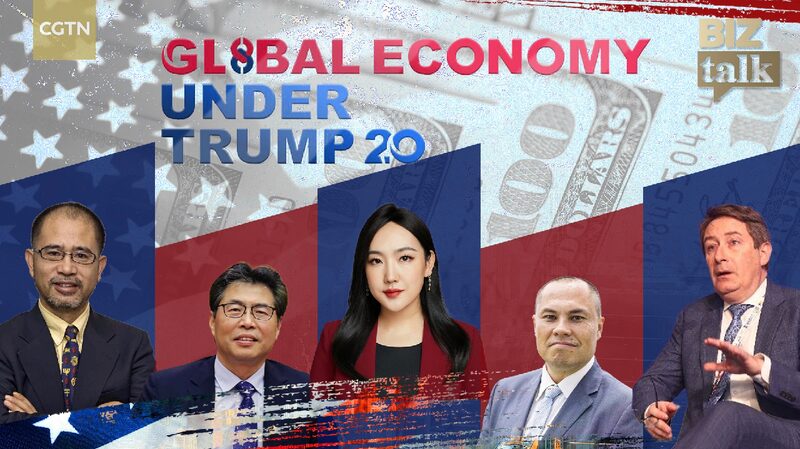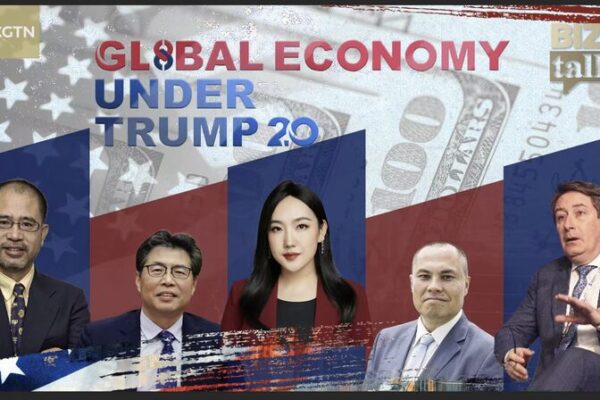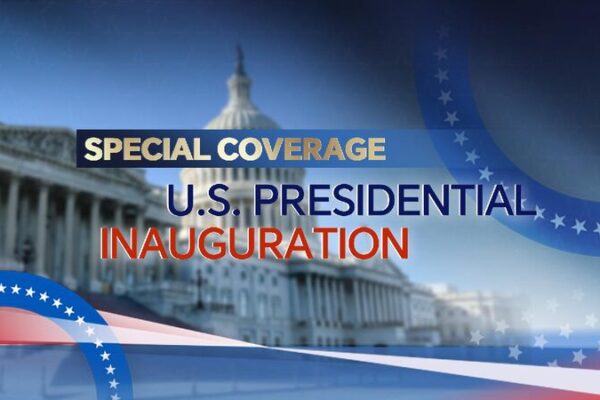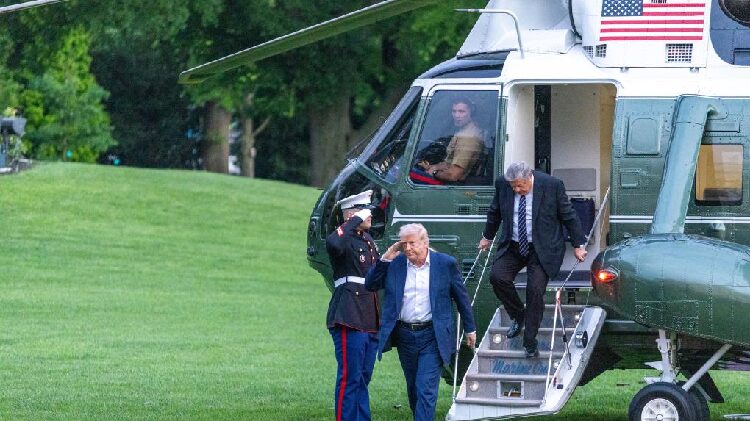Trump 2.0: How a Second Term Might Affect the Global Economy
As the possibility of Donald Trump returning to the White House looms, questions arise about how his potential second term could reshape the global economic landscape. With his previous tenure marked by protectionist trade policies and a shift away from multilateral cooperation, the international community is keen to understand what a “Trump 2.0” administration might mean for global trade and economic dynamics.
In a recent discussion, experts from around the world shared their insights on this critical issue. Joël Ruet, founder and chairman of The Bridge Tank, highlighted concerns over increased economic nationalism. “A second Trump term could intensify protectionist measures, disrupting global supply chains and international trade agreements,” he noted.
Warwick Powell, adjunct professor at Queensland University of Technology and senior fellow at Taihe Institute, emphasized the potential impact on emerging economies. “Countries in the Global South might face greater challenges accessing key markets, which could hamper their development efforts,” he warned.
Professor Xing Yuqing of the National Graduate Institute for Policy Studies in Tokyo pointed out that a shift in U.S. trade policies could lead to a reconfiguration of global alliances. “Nations may seek new partnerships and strengthen regional cooperation to mitigate the effects of U.S. policy changes,” he explained.
Liu Baocheng, dean of the Center for International Business Ethics at the University of International Business and Economics, discussed the implications for global governance. “A move away from multilateralism could weaken international institutions, making it harder to address global challenges like climate change and economic inequality,” he said.
The potential return of protectionist policies raises concerns about increased tariffs, trade wars, and uncertainty in international markets. For the Global South, which often relies on export-led growth, these changes could have significant repercussions. Developing nations might need to diversify their economies and seek new avenues for growth.
While the future remains uncertain, one thing is clear: the global economy is at a crossroads. Policymakers, businesses, and communities around the world will need to adapt to whatever changes may come, fostering resilience and innovation in the face of shifting economic tides.
Reference(s):
cgtn.com








